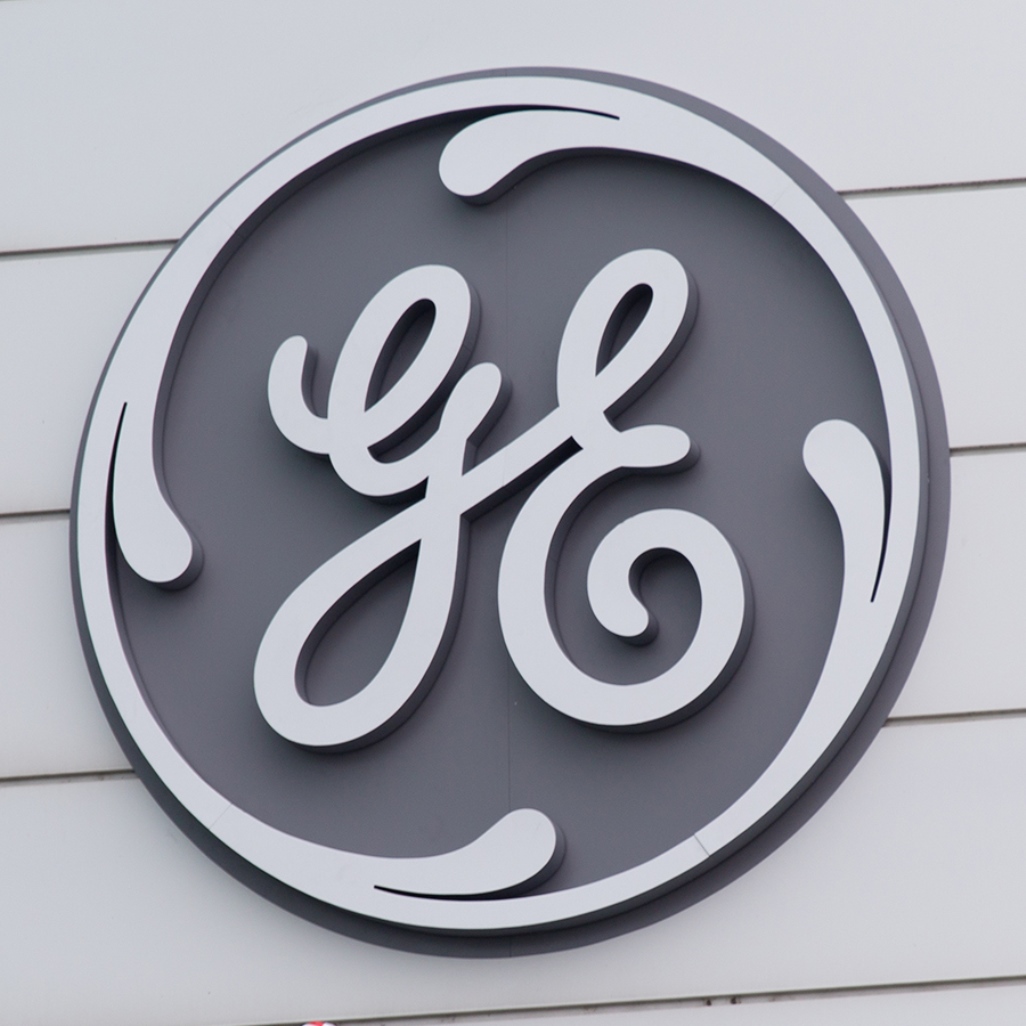
Just when investors were looking at General Electric Co. (NYSE: GE) stock as a good value, the stock got hammered Tuesday morning following the company’s statement that it will take a $6.2 billion after-tax charge in the fourth quarter of 2017. The charge is related to GE Capital’s run-off insurance portfolio, which the company has been winding down.
At the new corporate tax rate of 21%, the after-tax impact of the charge totals $7.5 billion. GE Capital also will make statutory reserve contributions of about $15 billion over the next seven years.
The one-time charge and additional contributions to the reserve come after a review of GE’s insurance reserves, primarily related to long-term care policies written by primary insurance companies and reinsured by GE Capital.
CEO John Flannery said:
The required contributions to the statutory reserve will be made by GE Capital, which has sufficient liquidity to do so. We have been taking ongoing actions to make GE Capital smaller and more focused while maintaining its key capabilities to support financing for GE Industrial products. These actions will also help restore GE Capital ratios to appropriate levels.
GE said in October that it would stop taking dividends from GE Capital while the insurance review was in progress. The company said at the time that it expected a charge of more than $3 billion, about the amount it would have been paid if it had taken its dividends for the second half of the year. GE confirmed Tuesday that it has suspended paying the GE Capital dividend for the “foreseeable future.”
Flannery was clearly frustrated:
At a time when we are moving forward as a company, a charge of this magnitude from a legacy insurance portfolio in run-off for more than a decade is deeply disappointing.
As of last Friday’s close, GE stock had added 7.5% in the first two weeks of the new year. Shares traded down about 4.2% in Tuesday’s premarket session, at $17.98 in a 52-week range of $17.25 to $31.45. The 12-month consensus price target on the stock is $21.92.
Is Your Money Earning the Best Possible Rate? (Sponsor)
Let’s face it: If your money is just sitting in a checking account, you’re losing value every single day. With most checking accounts offering little to no interest, the cash you worked so hard to save is gradually being eroded by inflation.
However, by moving that money into a high-yield savings account, you can put your cash to work, growing steadily with little to no effort on your part. In just a few clicks, you can set up a high-yield savings account and start earning interest immediately.
There are plenty of reputable banks and online platforms that offer competitive rates, and many of them come with zero fees and no minimum balance requirements. Click here to see if you’re earning the best possible rate on your money!
Thank you for reading! Have some feedback for us?
Contact the 24/7 Wall St. editorial team.
 24/7 Wall St.
24/7 Wall St.


